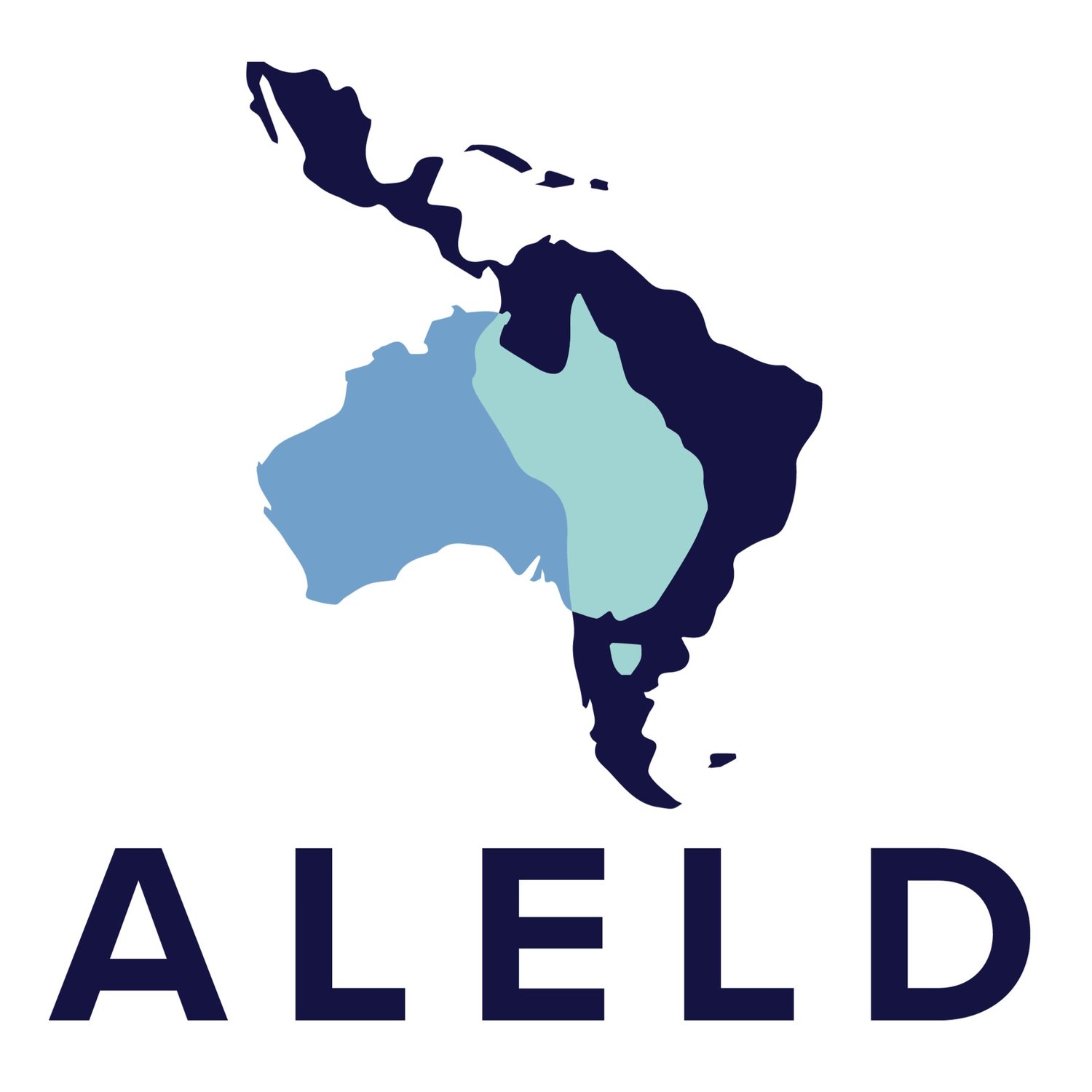The Mexican-Ecuadorian Embassy Ordeal, Explained
Credit: News GCTN - Ecuador’s President Daniel Noboa was taken office
On April 6, Mexican President Andrew Manuel López Obrador declared that he would cut diplomatic ties with Ecuador after its police special forces stormed the Mexican Embassy in Quito, Ecuador’s capital. This was to arrest Jorge Glas, former Ecuadorian vice president who had been residing in the embassy since late 2023. Glas asserts that the bribery and corruption charges he faces are politically motivated as an act of revenge against the former left-wing government, of which he was an administrative member. The legal turmoil had become a turnstile for Glas after being repeatedly jailed and freed. His last release occurred in November 2022 after completing a five-year sentence. However, in 2023, Glas was commanded to return to prison but instead fled to the Mexican embassy while appealing the decision.
In a statement from his office, Ecuador’s President Daniel Noboa defended the raid, saying that Ecuador is a sovereign nation and that it will not allow any criminal to remain free. This follows Noboa’s radical stance against crime, declaring a 90-day state of emergency in January in an attempt to halt the recent wave of gang violence.
Daniel Noboa has built a strong anti-crime reputation, modelling El Salvador’s President Nayib Bukele’s popular cartel crackdown. In 2023, Noboa ran his successful presidential campaign on the promise of judicial reform. Just hours after taking office he pledged to tackle rising violence. Presented as the Phoenix Plan, Noboa has utilised the Ecuadorian military to conduct anti-crime operations in unison with police forces. Since January, the joint security forces have successfully carried out 272,000 operations. The public supported Noboa in using these extraordinary measures after an eruption of gang violence in January, when cartel gunmen infamously stormed a live television broadcast and murdered governmental officials.
Credit: Reuters- Ecuador’s Ex-Vice President Jorge Glas
Following the astounding embassy raid and unprecedented use of force on Mexican territory as per international law, political shockwaves were felt through Latin America and beyond. Foreign ministries of Argentina, Cuba and Brazil all condemned Ecuador’s actions. Nicaragua followed Mexico’s example and cut diplomatic ties completely, and Colombia called on the Community of Latin American Caribbean States to act accordingly.
Many question Noboa’s seemingly bizarre violation of international law. Some suggested that the embassy raid was possibly an attempt by Noboa to retain his tough-on-crime image. However, there are other motivations. Just days before the raid Mexican President Lopez questioned the legitimacy of Noboa’s November election win. This, coupled with Mexico granting asylum to Glas, prompted the embassy raid. Lopez assumed Noboa would be forced to comply with the asylum procedure, bound by his country’s commitment to international law, which would have allowed Glas to leave the country.
However, Noboa chose to maintain his radical anti-crime, anti-corruption domestic political aspirations. Now Lopez has sought support from the United Nations and is attempting to have Ecuador expelled over the embassy raid. In what is becoming a heated legal dispute, Ecuador’s deputy minister of human mobility, Alejandro Dávalos, told the international group Organisation of American States that Glas failed to meet the merit perquisites to receive asylum from Mexico, and assured them that the Glas ordeal is not politically motivated.
Credit: Bloomberg - Ecuadorian police officers burst into the Mexican Embassy of Quito
Almost immediately after the incident, spokesperson for the United States State Department Matthew Miller said that the US condemns the violation of international law, but that Ecuador will seemingly escape any sanctions. This is perhaps because Ecuador is very close to the US and Nobao is currently enjoying a better relationship with the country compared to Glas’s former left-wing government. The US is keen to maintain its Monroe Doctrine, which has been suffering significant challenges from China recently; particularly in Ecuador where the US is the number one trading partner of Ecuador while China is second. If the US were to impose any economic sanctions, China would likely seize the opportunity to conduct more Ecuadorian business and insert more influence in Latin America - an obvious threat to the US.
It seems that Noboa will escape any consequences of this embassy raid, as it is too risky for the United States to potentially lose influence in a vital region in the era of rising multipolarity. The question that remains is: will this great power competition create a large political grey area for other Latin American states to exploit?
Content Disclaimer
The views expressed in this article are those of the author and do not necessarily represent the views or opinions of the Australia Latam Emerging Leaders Dialogue



